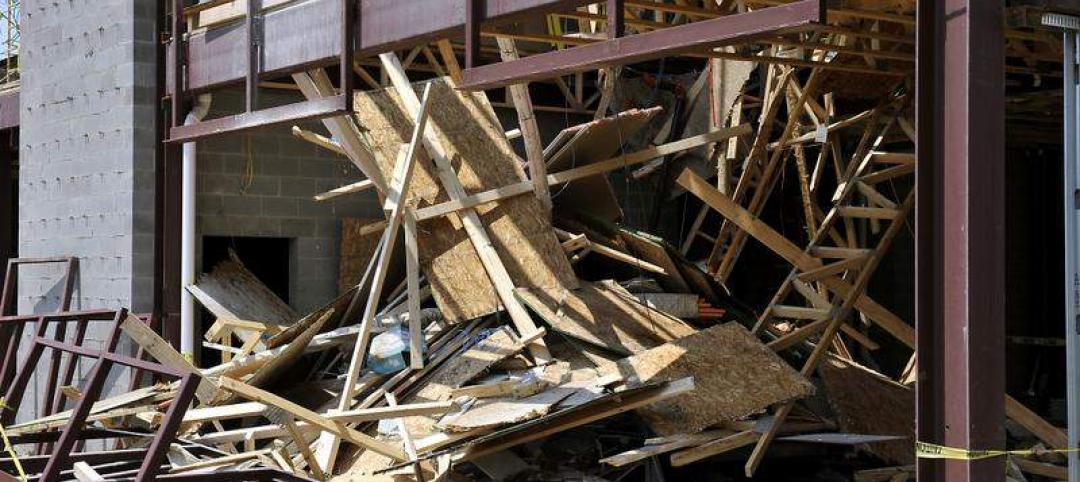After a successful pilot program, Austin has adopted AI-driven building permit software to speed up the building permitting process.
The city tested Archistar’s AI eCheck system that allows applicants to submit designs for a pre-check assessment. The software accurately understood the zoning code and implemented regulations accordingly during reviews of residential projects.
The system will not be used to review every element of building plans, but it will decrease the amount of data that permitting personnel need to scrutinize. Initially, the system will be limited to single-family residential properties, but the city plans to expand its use to other building types. Using this software, city reviewers can focus on unique aspects of an application and spend more time on customer service.
The city is pursuing a second pilot program with Archistar in partnership with the International Code Council (ICC) that is focused on automating compliance review of the International Building Code.
Related Stories
| Sep 26, 2012
Contractors save $9 billion due to revised California emissions rule
The California Air Resources Board made changes to a rule limiting off-road diesel emissions that could result in contractors saving about $9 billion.
| Sep 20, 2012
Smithtown, N.Y. considers bigger fines for building code violations
After a Suffolk County grand jury recommended stiffer fines for illegal demolitions, Smithtown, NY officials are weighing tougher penalties for developers who violate the town building code.
| Sep 20, 2012
AGC awarded federal grant to provide fall-protection safety program
The Associated General Contractors of America will continue to provide fall protection safety training next year after being awarded a federal safety grant.
| Sep 20, 2012
East Lansing officials accused of ignoring unauthorized project that led to partial building collapse
The unauthorized construction of a fifth-floor penthouse on a downtown East Lansing, Mich. mixed-use development led to a partial building collapse earlier this year.
| Sep 20, 2012
Reflective roofs could reduce rainfall in Arizona
Green standards may have to take into account the impact of reflective roofs on rainfall in the desert Southwest.
| Sep 20, 2012
Earth Advantage Institute offers green certification for small commercial buildings
Earth Advantage Institute announced a new green building certification aimed at new or substantially remodeled small commercial buildings built to green standards.
| Sep 14, 2012
To create more pedestrian-friendly neighborhoods, Chicago unveils safety plan
As more urban mixed-use and residential developments aim to encourage residents to walk and use mass transit, cities are addressing pedestrian safety.
| Sep 14, 2012
Worker killed in Brooklyn building collapse; overloaded floor decking blamed
One worker was killed after he and others plunged 40 feet through an unfinished upscale Brooklyn townhouse building.
| Sep 14, 2012
NRCA University offers photovoltaic class
NRCA University will offer a class called “Photovoltaic Roof Systems: Energizing Your Business” Oct. 16 in Philadelphia.
| Sep 14, 2012
Costa Rica’s strict building codes prevent major damage in powerful quake
The relatively little damage from a 7.6 earthquake was due in large part to strict building codes in Costa Rica, a country that has long enjoyed more stability, better governance, and stronger economic development than many of its Central American neighbors.

















